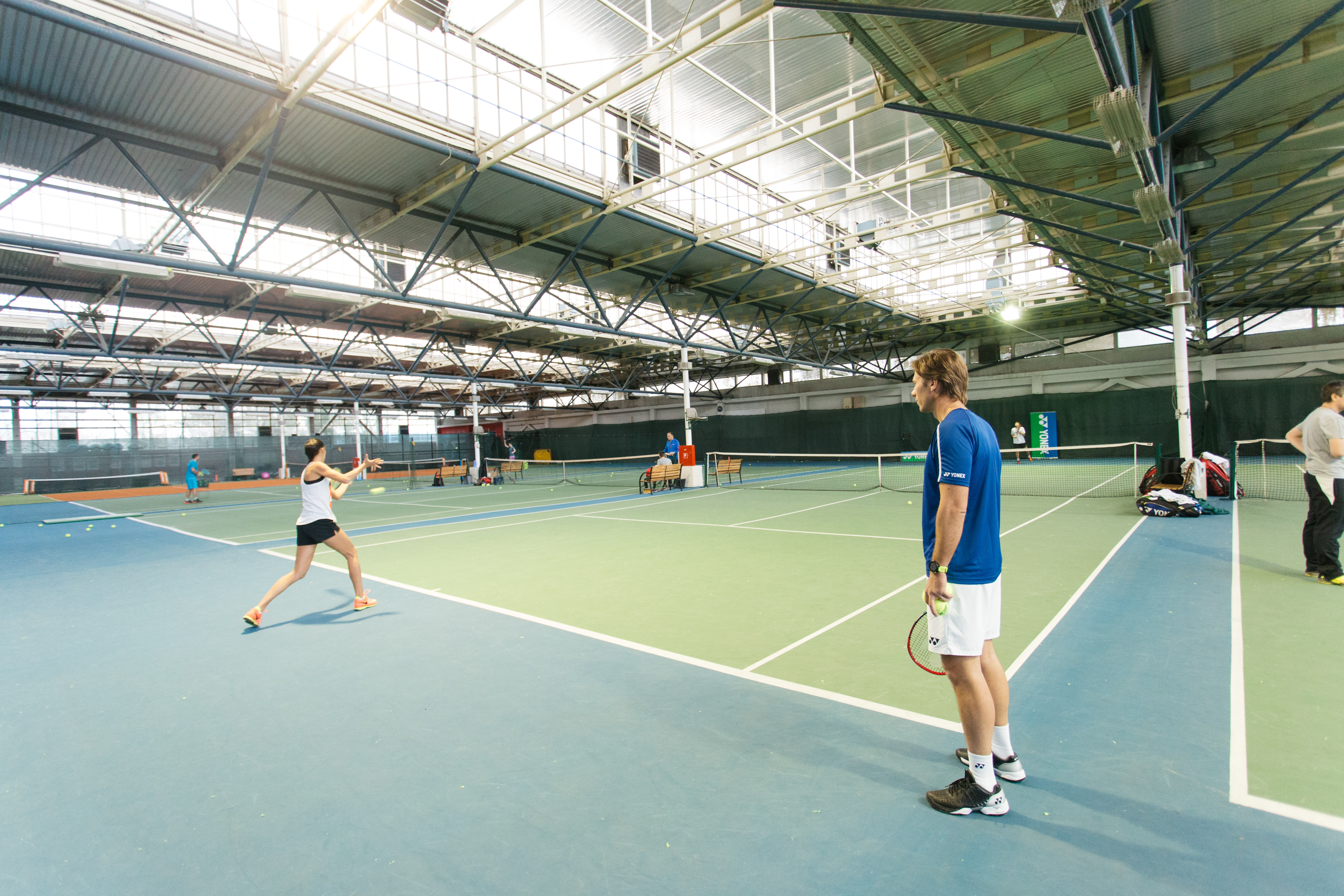
10 May Skills come from struggle
“What am I doing wrong, please tell me?”, is the common question a professional tennis player asks his/her coach when things get tough. If the coach doesn’t come up with an answer quickly, the following thought could emerge in the player’s head: why are you here, if you’re not helping me right now? (sometimes even said out loud).
Due to the nature of the game, professional tennis players face extraordinary levels of stress on weekly, even daily basis and it’s normal that they ask for help whenever they can. It’s also normal that they expect to get help from people around them, especially from their coach. The question is: what is the right kind of help for them?
Back to the question: what am I doing wrong? Many times, we as coaches jump in with an instant technical or tactical solution. Sometimes your solution will work and the player will start playing better, but in many cases, it’s only a temporary fix. Tomorrow, a new problem will arise, and then another one and so on. Did we really help our player in the long-term development process? When the match comes and there is no assistance allowed, will the player be able to deal with everything that he’ll potentially be facing? Have you ever challenged yourself as a coach by not saying a word? I’m sure you did.
“In a series of studies involving middle school and high school math classes, students who were forced to struggle on a complex problem before receiving help from teachers, outperformed students who received immediate assistance. Another study, titled Why do only some events cause learning during human tutoring?, found the answer was straightforward: because most tutors swoop in with the answers and support far too early. In surveying different university-level physics tutoring systems, the researchers discovered that “regardless of the tutorial explanations employed, when students were not at an impasse, learning was uncommon.” The most effective tutoring systems, on the other hand, all shared one thing: they delayed instruction until students reached the point of failure. Growth comes at the point of resistance. Skills come from struggle”.
(Brad Stulberg and Steve Magness, Peak performance, 2017)
Have you ever given advice to a player, even if you were not sure it’s the right one, just because you felt it was expected from you, or just because you felt too uncomfortable watching the player struggle? I sure did.
Of course, this doesn’t mean that we should just be quiet during every practice and let the player figure out everything by himself. Technical and tactical inputs are very important part of coaching. They can speed up the learning process, give to a player a new idea or just add some additional focus to the practice. But, my feeling is that many times when a player comes to the point of struggle, solutions are just not “tangible” (technical or tactical). The problem lies in the player`s state of mind and his/her capacity of problem-solving.
I feel that we as coaches are there to help the players recognise what kind of problems they are facing and to successfully guide them through the learning process. We are there to make sure they are challenged just enough every day to practice the transferrable skill of problem-solving. We are even there to let them fail because “a productive failure” will provide them with the experience to analyse the problem from different, deeper angles.
“Sure, immediate assistance can be highly satisfying. But when we succumb to the impulse for instant resolution, we miss out on a special kind of deep learning that only a challenge can spawn.” (Brad Stulberg and Steve Magness, Peak performance, 2017)
Follow me on social media: Facebook, Twitter, Instagram and Linkedin

